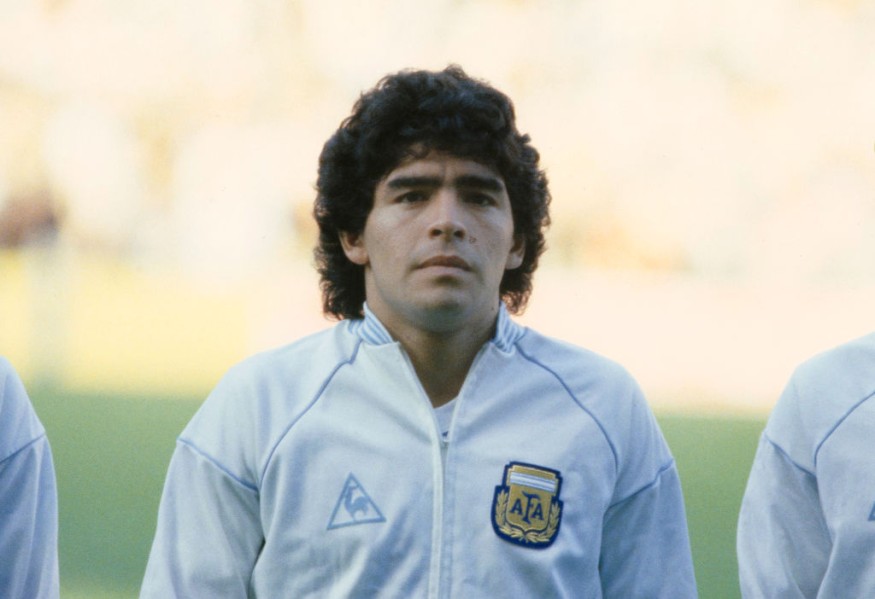Diego Maradona Death Tied to Cocaine by New Medical Report; Homicide Case Vs. His Doctors Thrown Into Question

The homicide case against the doctors and caretakers of Argentinian soccer legend Diego Maradona has been thrown into question after the release of a report by a medical examiner. The report has tied his death to cocaine and not the irregularities in the World Cup winner's medical treatment.
The medical examiner's report on the death of Argentina's "god" came as the eight medical workers who are accused of orchestrating his death are set to stand trial for homicide next month, including Maradona's neurosurgeon Leopoldo Luque.
According to The Independent, the medical report was done at the behest of Luque to challenge the 2021 medical examination that found the neurosurgeon and other medical practitioners responsible for the soccer icon's "avoidable death." It is noted that Luque and the other defendants have denied any wrongdoing in their charge's untimely passing.
Diego Maradona was only 60 when he died back in 2020, and his death has stunned and devastated a generation of soccer fans not just in Argentina, but also the entire world. He reportedly died of a heart attack while recovering from a brain surgery.
The trial is scheduled to take place on June 4, and this report could prevent the eight defendants from landing in prison. If found guilty, they could be imprisoned between 8 to 25 years.
What Did the Argentina Medical Examiner Found About Diego Maradona's Death?
The medical report that threw the entire case into question was made by medical examiner Pablo Ferrari, who concluded that Maradona's rapid, erratic heartbeat was either of natural origin or stemmed from an "external" factor, which is likely from a drug like cocaine, which the soccer star had a very infamous history with.
Maradona's drug abuse was well-documented, especially with his time playing for Napoli which he led to the UEFA Champions League and its first championship for the Italian Serie A. His ties to the Sicilian Mafia only intensified his addiction.
However, according to the Associated Press, Ferrari admitted that he could not do a toxicology report based on Maradona's insufficient urine sample.
The findings contradict the previous findings by a 20-member medical panel appointed to investigate Maradona's death. The panel accused the Maradona medical team of acting in an "inappropriate, deficient and reckless manner," claiming that their actions left the Argentina soccer legend "in agony and without help for more than 12 hours before his death."
However, Farrarri's findings disputed the report's severity and contended that the arrhythmia could not have triggered the pain Maradona suffered for over "a few minutes or at most a few hours."
Diego Maradona Was Open About His Cocaine Problem
During his time in Napoli, which was in Naples where the Sicilian Mafia was very much active, Diego Maradona's addiction came into the spotlight as he was suspended for failing a drug test and even missed several games because of his drug addiction.
After his retirement, Maradona had been very open about it, admitting in various interviews that he was indeed addicted to cocaine, telling Argentina's TyC Sports before his death, "I had nothing, I was a zombie."
"Cocaine isn't good for being on the pitch. It's useless in life," he added in another interview and stated, "I was a drug addict, I am a drug addict and I always will be a drug addict in everyone's eyes. Because drug addicts aren't forgiven for anything."
This article is owned by Latin Post.
Written by: Rick Martin
WATCH: Maradona: The Tragic Genius - balón - English
Subscribe to Latin Post!
Sign up for our free newsletter for the Latest coverage!

















